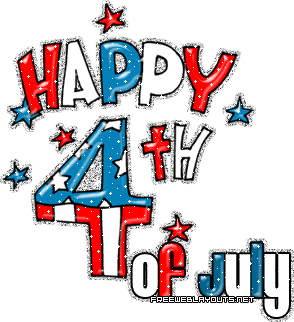 The summer of 2012 is turning out to be a real scorcher as far as temperatures, and well under average precipitation as of late June has officials concerned. Forecasts in the Midwest for the last week of June show high temperatures as extreme as 113 degrees with heat indices touching 120. Meteorologists say the the heat indices would actually be even worse, but the humidity and dew points are lower then normal ranging in the 50’s. This just adds to the fire dangers, toss in a gentle breeze and a spark can become a raging inferno in mere minutes under these conditions.
The summer of 2012 is turning out to be a real scorcher as far as temperatures, and well under average precipitation as of late June has officials concerned. Forecasts in the Midwest for the last week of June show high temperatures as extreme as 113 degrees with heat indices touching 120. Meteorologists say the the heat indices would actually be even worse, but the humidity and dew points are lower then normal ranging in the 50’s. This just adds to the fire dangers, toss in a gentle breeze and a spark can become a raging inferno in mere minutes under these conditions.
The state of Indiana at the time of this article has 52 counties under burn bans, and many of the municipalities are scrambling to include fireworks as part of the bans. The out look for rain is grim here as well with a 30% chance at best on one or two days between now and the 4th of July. With forecast highs around 90 degrees each day and low humidity, conditions by July 4th will be ripe for a record year of firework induced fires here and over much of the nation.
What can be done? Well, first if you are in an area under a burn ban then common sense says it’s probably not a good idea to shoot ANY fireworks. However, much of the USA is riding a line of borderline conditions and fire officials expect patriotic revelers will be out in force, and with the 4th of July falling smack dab in the middle of the week this year the celebration will be extended to both the weekends before and after.
Here are some simple tips and precautions from a certified display operator that anyone can and should take if celebrating with fireworks to lessen the risk of serious fires.
1.) Thoroughly water the area you plan to shoot your fireworks from 1-2 hours before your display. A sprinkler running for 30 minutes can cover a large area and greatly lessen the risk of igniting dry grasses and weeds.
2.) Either clear away any flammable brush, debris or materials from the area you will be lighting, or simply do not light within range of such materials.
3.) Be aware of your fallout zone (The area where debris and embers are likely to make it back to the ground) and pay extra special attention to this area which is often affected by wind direction.
4.) Do not shoot fireworks without means of extinguishing small fires. Stomping out grass or debris fires is the worst thing you can do and is likely to cause personal injury. It is recommended you keep water fire extinguishers, hoses at the ready, or even the 2 gallon pump type garden sprayers filled and ready for small fires. A couple 5 gallon buckets of water on hand is better than nothing!
5.) Consider what your shooting. Rockets are the most unpredictable flyers and notorious fire starters. Spark emitting fountains are also known for starting small fires in dry grasses. Stick to quality aerial items suck as the reloadable shell kits, repeating cake items and such. Also, try to shoot on non flammable surfaces whenever possible such as concrete, asphalt or even gravel drives and parking areas where applicable especially for the novelty type items such as small tanks and kids favorites like snakes.
Use these firework safety tips and have a happy, and SAFE 4th of July!



